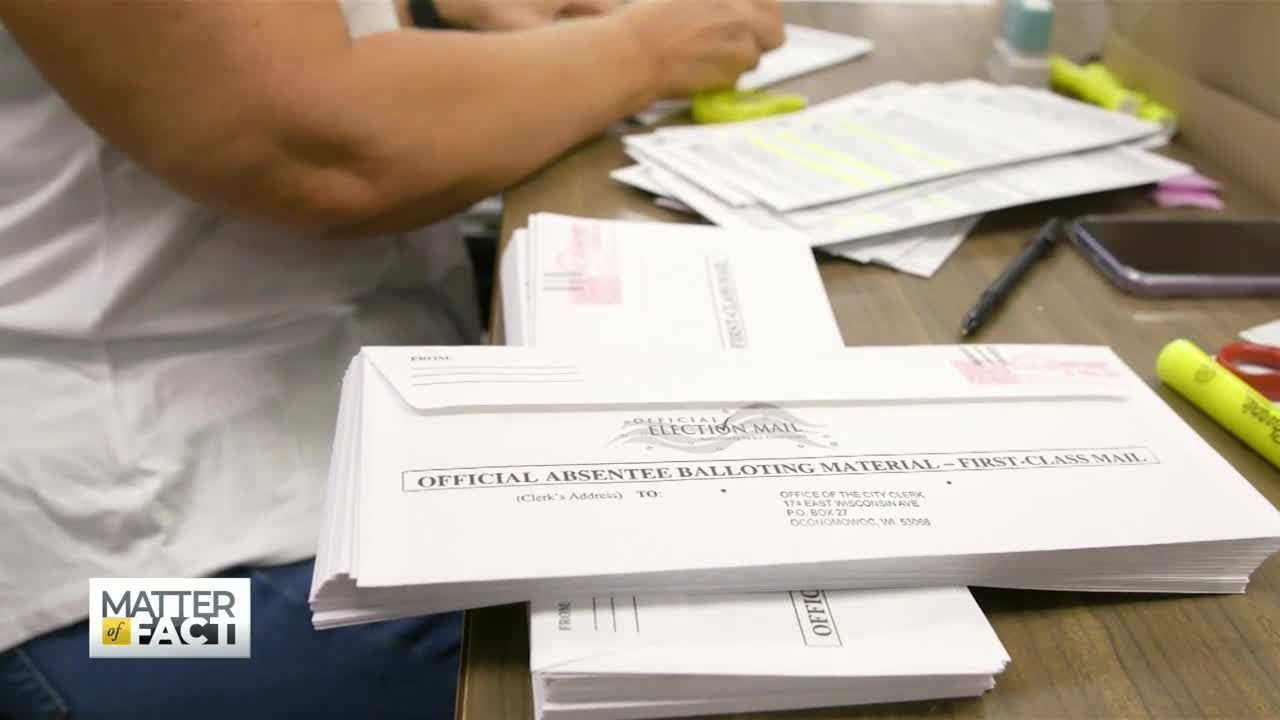
Election officials across the country are bracing for a massive influx of absentee and mail-in ballot come November. This comes after spring and summer elections didn’t exactly go smoothly. According to NPR, more than 550,000 ballots were rejected during the presidential primaries. We look at the battleground state of Wisconsin, which rejected more than 20,000 ballots during the April primary, and now expects nearly 2 million requests for mail-in ballots for November.
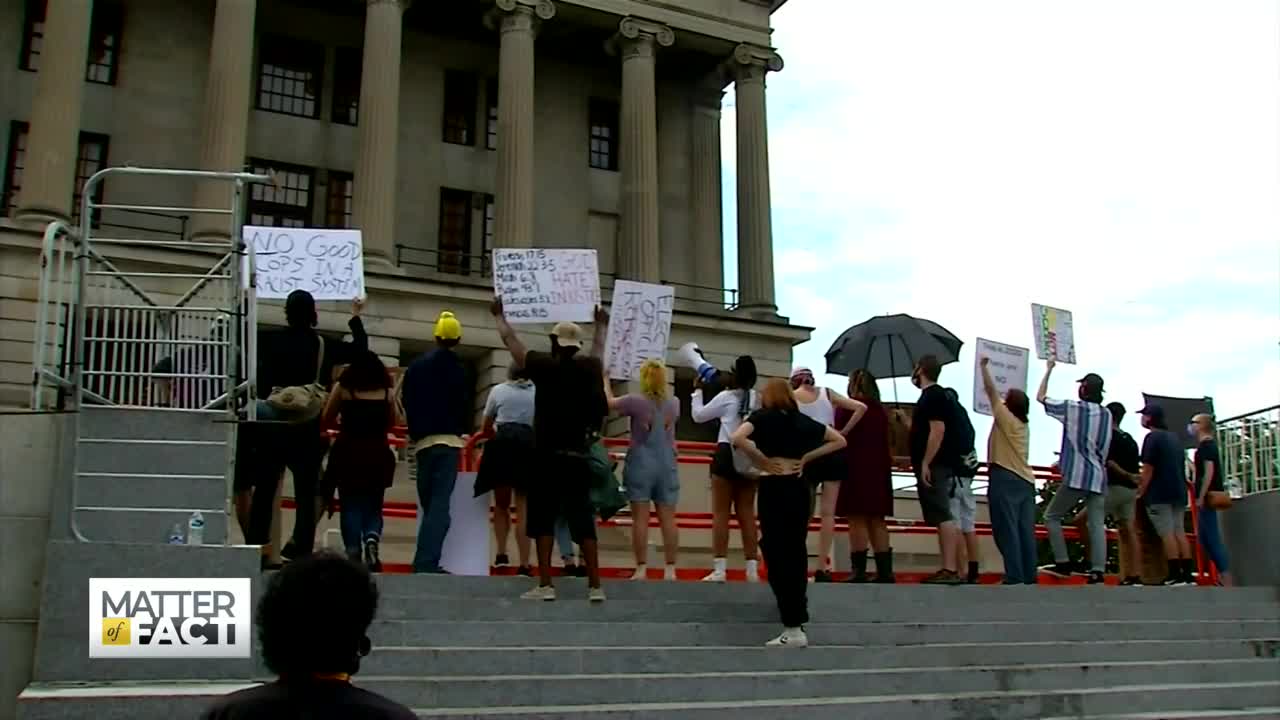
Outrage is once boiling over across the country after police shot 29-year-old Jacob Blake in Kenosha, Wisconsin last weekend. In the viral video, you can see officers shoot Blake multiple times as he leaned against his SUV, his three small children watching from inside. The subsequent clashes between police and protests are a familiar sight in this summer of unrest. In Nashville, demonstrators have stood their ground outside the State Capitol building for more than two months following the death of George Floyd, demanding a meeting with the Governor. Now, state lawmakers have made camping on capitol grounds a felony, which could ultimately lead to protestors losing their right to vote. That makes them one of at least 18 states passing new laws to restrict protesting. State Representative Jason Hodges represents Tennessee’s 67th District. He tells Soledad O’Brien why he voted against the bill.
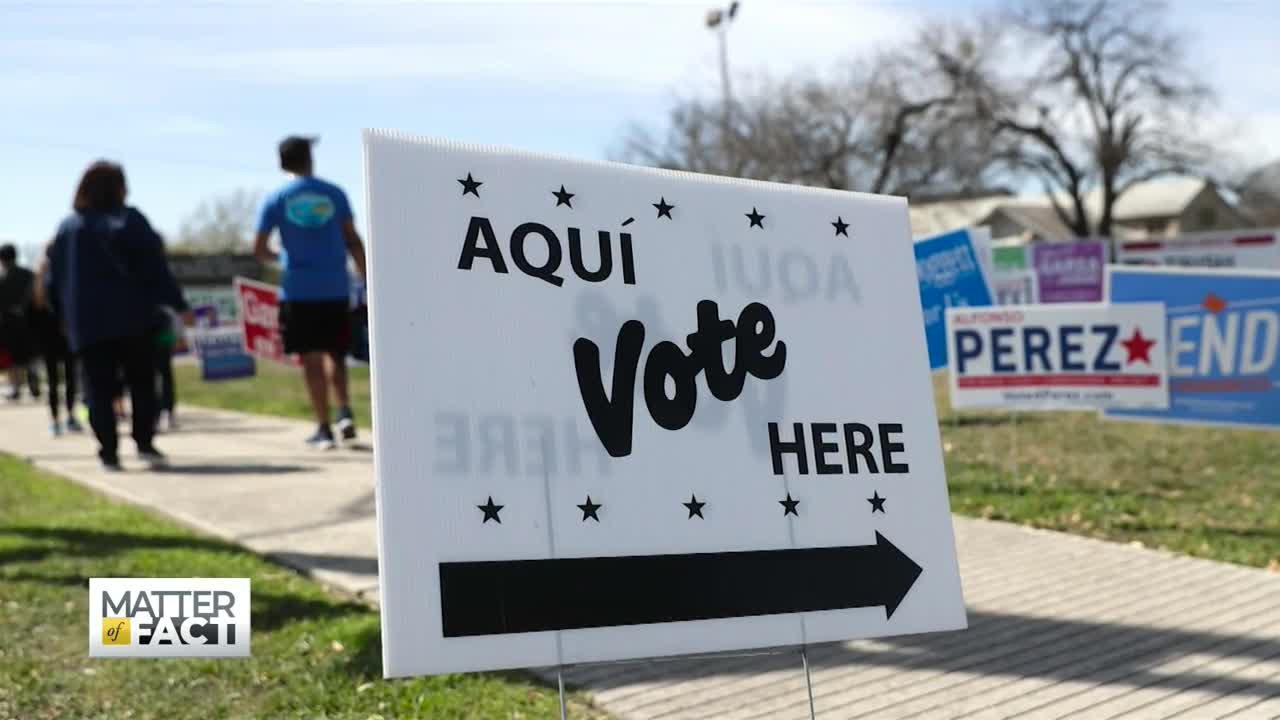
Now that both the Democratic and Republican National Conventions have wrapped up, it is full steam ahead for the 2020 presidential election. But the two major parties could be overlooking the largest minority group and a growing demographic: the Latino vote. Antonio Arellano is the Interim Director of JOLT, the largest civic engagement effort in Texas. Soledad O’Brien asks him why he believes his generation of Latinos could make a big difference in November.
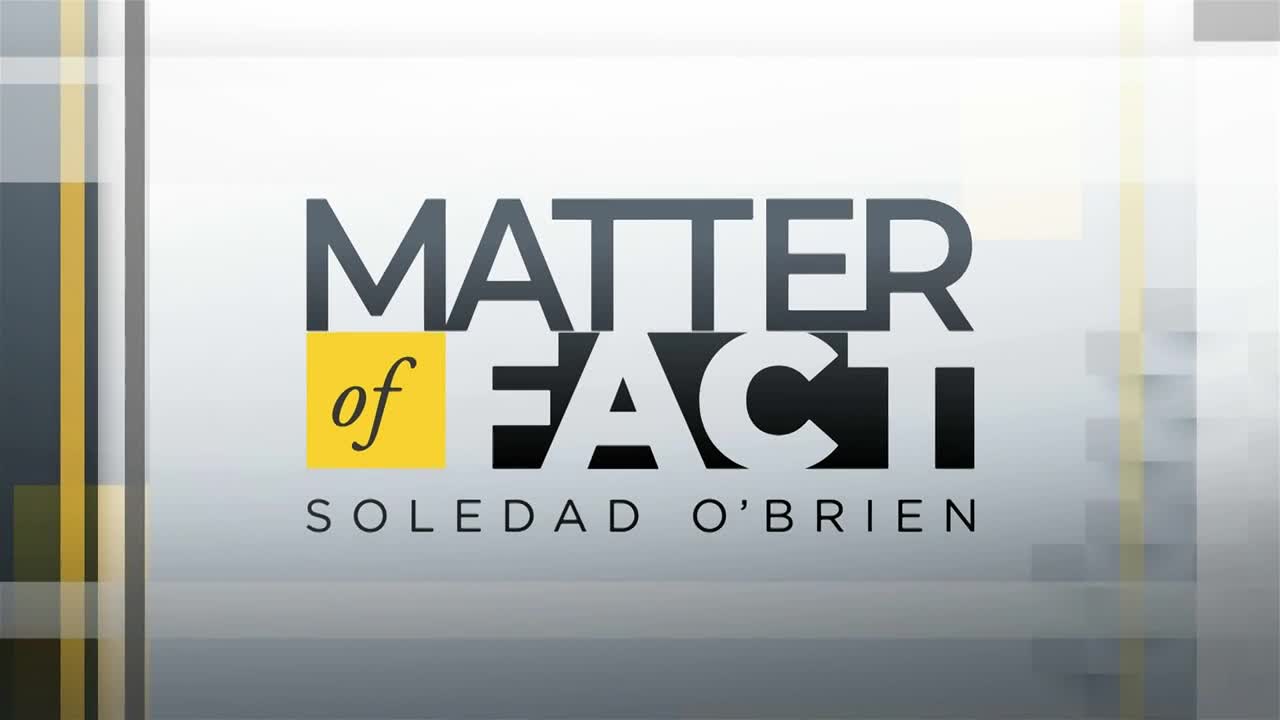
This week on Matter of Fact, while congress fights over the next stimulus package, more people are turning to food banks. But how long can they feed this need? Soledad O’Brien speaks with Trinity Tran of Urban Partners Los Angeles, who says people are waiting in lines for hours to get food. Plus, will your vote count? Soledad talks with Trevor Potter, founder of the Campaign Legal Center, about what you can do to make sure your voice is heard in the 2020 presidential election. Then, NASCAR driving into controversy over the confederate flag. Special Correspondent Joie Chen introduces us to a new driver hoping to steer a new generation to the sport. And, what do students think about reopening schools in the pandemic?

As colleges and school districts work to reopen in-person learning, a growing number are shutting down within days of welcoming students back to campus. While we’ve heard from elected leaders, health officials, school administrators and parents, we wanted to give students the opportunity to make their voices heard. Hear what some of them think about the ongoing debate over their future as the pandemic threatens to upend another school year.
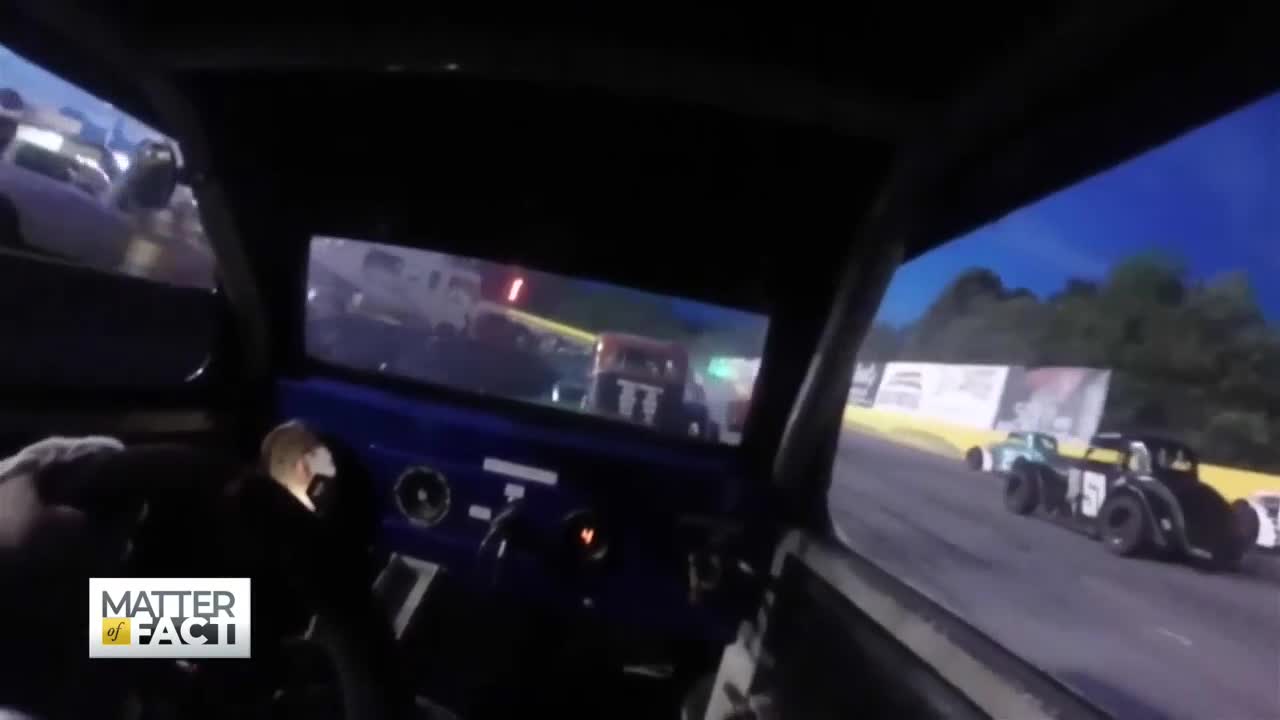
NASCAR drivers took off this summer as one of the first sporting events to return amid the coronavirus pandemic. But it quickly drove into controversy when cup series driver Bubba Wallace pushed the association to rethink its ties with the Confederate Flag. While he won support from his fellow drivers, many fans were outraged. And now there’s a new driver on the track, Blake Lothian, who’s hoping to steer a new generation of fans and a more diverse line of drivers to the sport. Can NASCAR keep up with social change? Special Correspondent Joie Chen reports.
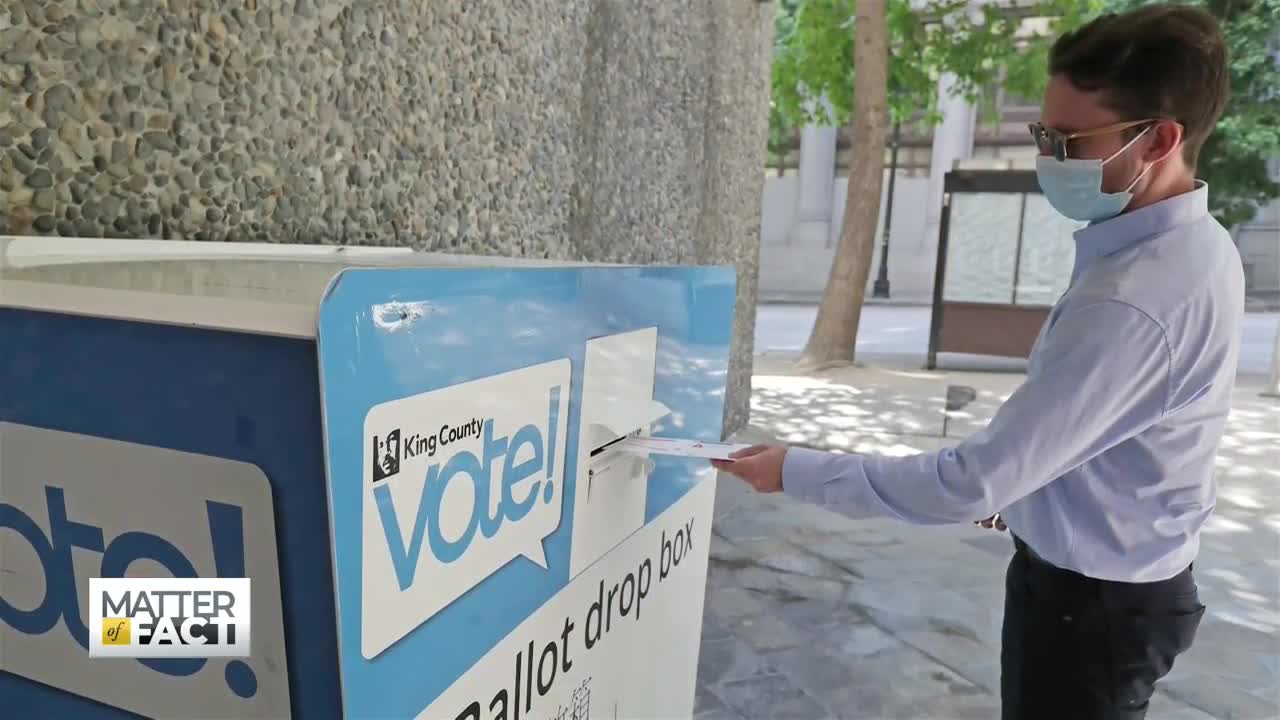
More Americans than ever are expected to vote by mail in 2020 presidential election. But the U.S. Postal Service is in billions of dollars of debt and President Trump has said he doesn’t want the agency to be funded to help with mail-in voting. While the Postmaster General is now promising to suspend any changes to USPS until after the election, some worry the spending cuts and removal of collection boxes may have already done enough damage to overwhelm the postal service come November. Soledad O’Brien speaks with Trevor Potter, the founder and president of the Campaign Legal Center.
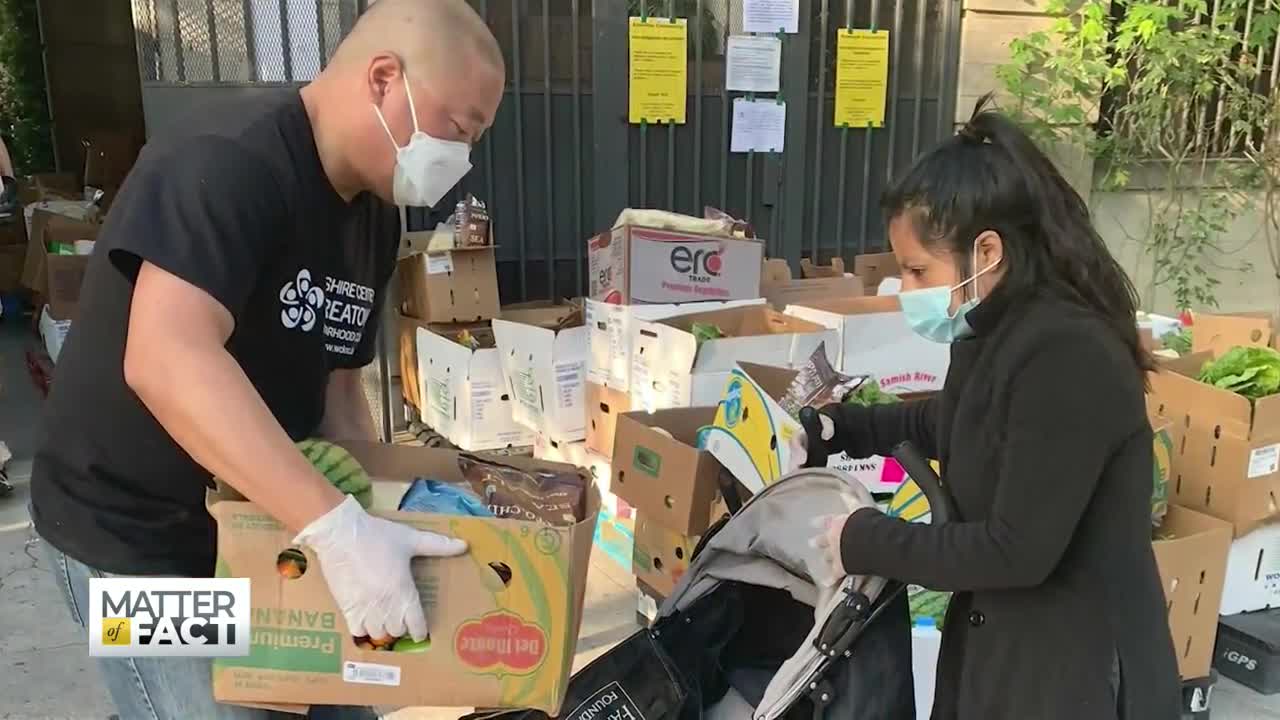
At some point this year, 54 million Americans, including one in four children, will not know where their next meal is coming from. That’s up from 37 million people considered food insecure before the start of the coronavirus pandemic. About 40 percent of that increase comes from people like Brett Pavia, who have never set foot in a food bank before. Hear Brett’s story and Soledad O’Brien’s interview with Trinity Tran who runs Urban Partners Los Angeles, one of the largest food banks in the country.

This month marks 100 years since women won the right to vote in America. Historians -Ann Gordon, Marcia Chatelain, and Maggie Blackhawk-join Soledad for a discussion about how women shape democracy now and how they changed it even before they could vote. Plus, Soledad speaks with two young women, a Republican and a Democrat, about what role gender plays in the upcoming 2020 election. Then, we go inside the “Rightfully Hers” exhibit at the National Archives for a look back at the 19th Amendment.
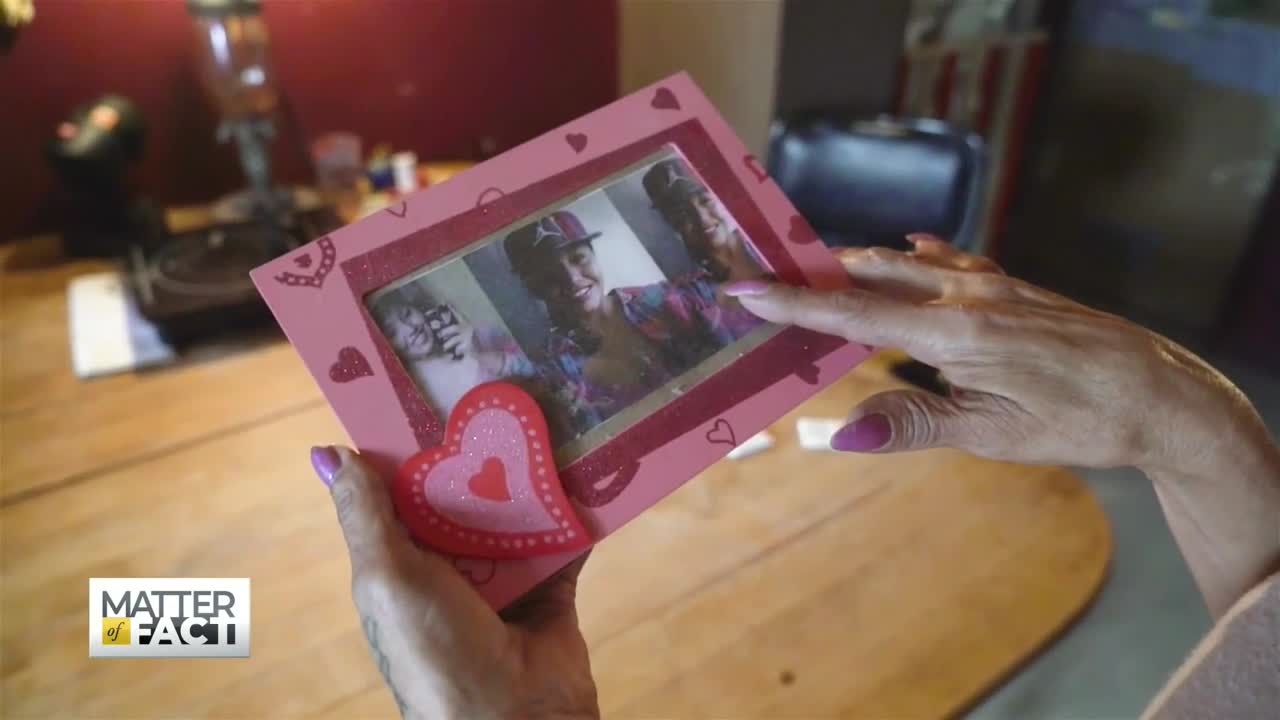
Native American women are murdered ten times more than non-Native women. Most disappear without a trace, leaving their families searching for justice on their own. It’s a story that has gotten very little national media attention and some of the women whose daughters have vanished, tell us they’ve never spoken out about their anguish before, but are doing so now in the hopes of raising awareness of these cases.